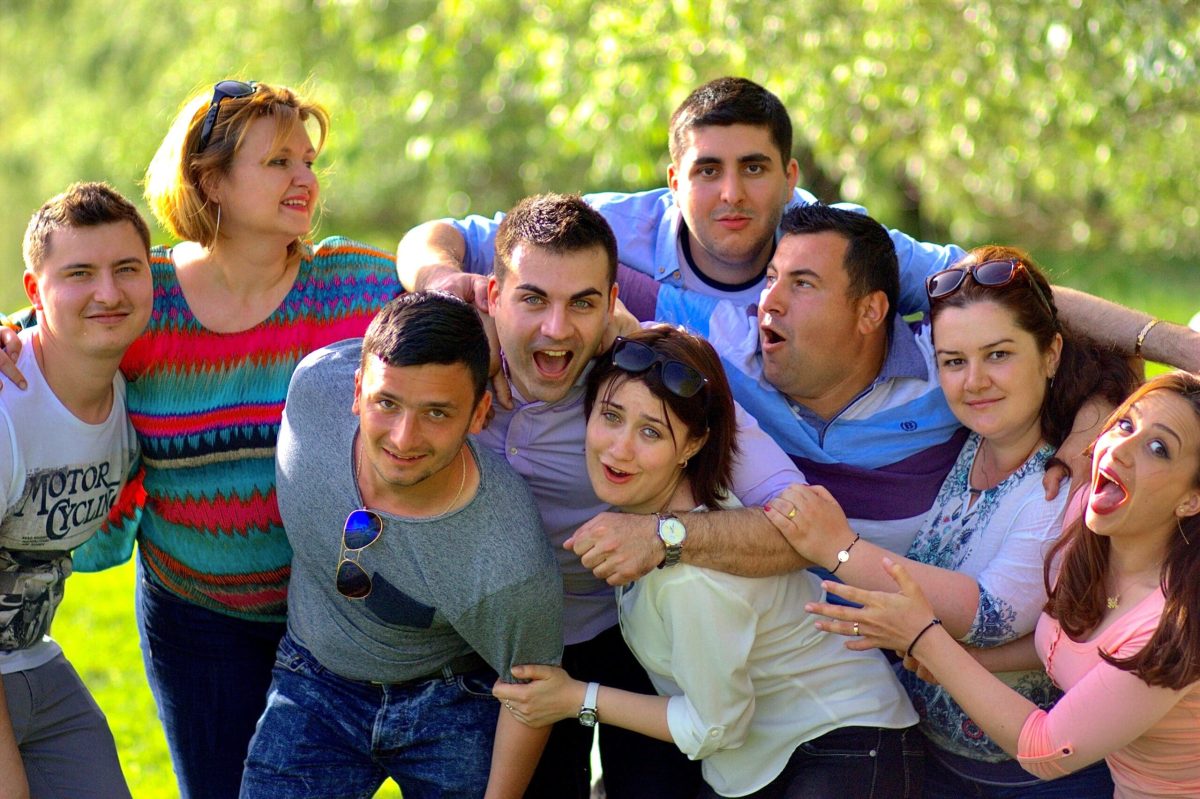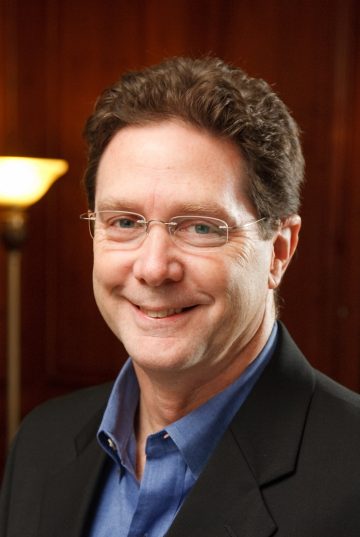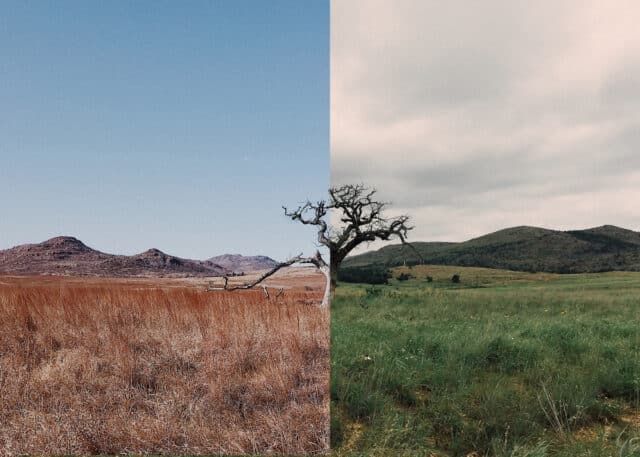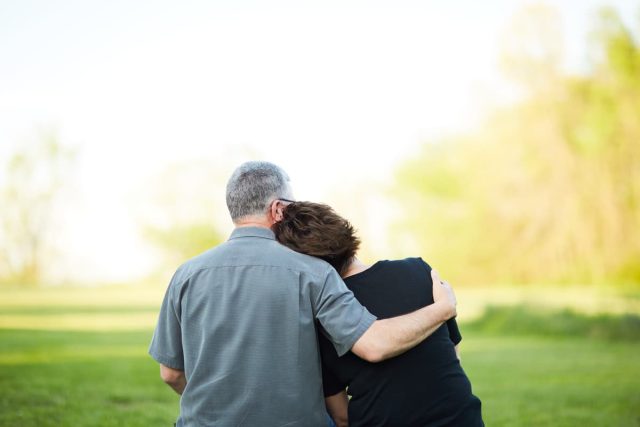Article
The Love Imbalance We Seek
How can we love people more than we want to be loved by them? At its heart, this is an issue of worship.

What church planters are after is a very simple imbalance, but it takes a lifetime to grow in: How can we love people more than we want to be loved by them?
That imbalance can be reflected in all kinds of ways: How can we desire to honor people more than we desire to be honored by them? How can we want to admire people more than we want to be admired by them?
We’re aiming for a subtle imbalance in what we hope to give to another and what we hope to receive. If we think about it in terms of percentages, my desire might be to love the person 51% and want to be loved by the person 49%. It doesn’t matter how much it is imbalanced, it’s simply that we want to maintain that imbalance.
I think that’s what it means to really be a human. We feel as though to be human means to be loved by other people, and certainly that’s part of our community. But when we look at the true human being, when we look at Christ himself, we clearly see the imbalance. That’s what church planters are aiming for – praying for – that they would love others more than they want to be admired by others.
At its heart, this is an issue of worship.
What happens in our heart is that good things grow into these mammoth proportions or, as the Old Testament says, good things grow into idolatrous proportions. And that’s the problem, when it moves from something we want to something we must have.
This is the nature of all matters of the heart. In its seed form, it’s something very appropriate. We absolutely should want to be loved by other people. We were forged in this context of love by our loving Father, and to be loved feels right and natural. To not want that would be a real problem that must be dealt with.
However, there is maximum level of desiring a positive response from others that is appropriate. That’s why we’re giving the 49% to the imbalance.
To want people to join us, appreciate us and see us as part of their community, those are all natural and good human things. Unfortunately, we’re too often aiming to have those things outweighed by our desires to love a person.
For example, I have a pastor friend who had some people who wanted to leave the church. They did it well and actually spoke to the pastor about it. This pastor’s concern was how they were going to be fed and cared for. His question was essentially: Where are you going to go and how can I help you to find a church home?
When he was telling me this story, I said to myself, “What planet is this man from?” Because it seemed so unusual but, at the same time, so right and so natural.
That kind of freedom is what we’re aiming for. Did it hurt that these people were leaving? Absolutely. Did he feel the sting of rejection? Did he notice this experience of failure rising up within him? Absolutely. But it was outweighed by this simple question: How can I love this person? What is in their best interest right now?
It was brilliant, it was beautiful, it was holy, it was impossible – and, by the Spirit’s power, that’s exactly what we’re aiming for.




